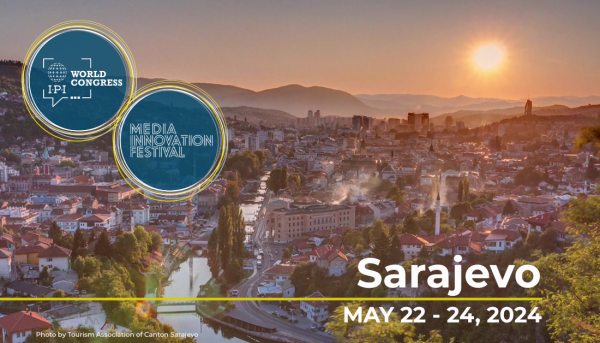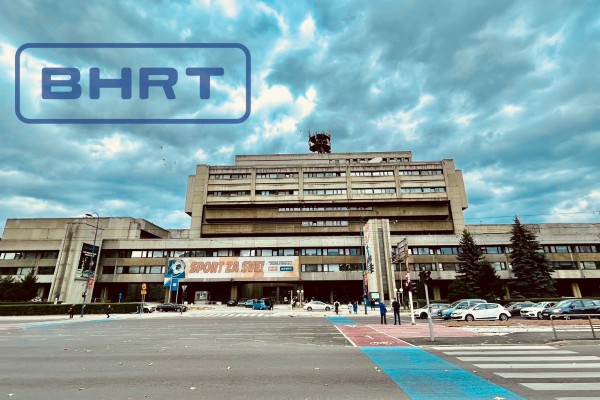Earlier this month, an IPI delegation visiting Russia met with media activist and chairperson of Centre for Journalism in Extreme Situations, Oleg Panfilov.
The delegation asked Panfilov about his opinions on, expectations for and feelings about the means to help improve press freedom in Russia, a country considered one of the most dangerous in which to practice journalism.
Below is an excerpt from our Oct. 1 conversation.
A conversation with Oleg Panfilov, media activist and head of the Centre for Journalism in Extreme Situations”
Q: How would you describe the media situation in Russia?
A: The situation is catastrophic, disastrous. For many years I considered myself an optimistic pessimist and now I am a pessimistic pessimist.
Q: What is your biggest concern?
A: To my mind, there is no Russian journalism after it stopped being Soviet journalism. There is no solidarity [among journalists] in defending their own rights. There is no understanding of freedom of press. The journalists don’t know how to defend themselves since 2000 and Putin, when the official policy toward information changed.
Q: Tell us about the media structure in Russia
A: Ten years ago, the information policy of the government changed. [Prime Minister of Russia Vladimir] Putin signed the Information Security legislation and the best of Soviet traditions came back. The six main television stations are state-owned. That means that 97 percent of the Russian population is getting information that is censored. The newspapers cannot be seen as an alternate means of information because their circulation is not big. One of the largest papers has 140,000 circulation for a population of 1-million plus. Other papers are tabloid and belong to businessmen or friends of politicians. The internet is the only other source of independent news. Five to 6 percent of the population uses the internet for their source of political news. Only 25 percent of the population even has access to the internet.
Also complicating matters is bad journalism. Many students (in Moscow universities) study literature, but not “professional journalism.” Three hundred and sixty universities teach journalism, but the programme is the same as it was under the Soviet regime. What they teach is closer to literature than journalism.”
Q: What are some solutions?
A: It’s useless to build journalism education through certain seminars and workshops; 17 years has shown that. Unfortunately, there is no professional certificate for journalists. It is impossible to teach journalists to be independent and free in this environment. They also don’t know their rights. They are not educated in law to protect themselves. The only solution in my mind is pushing those in power to change the atmosphere in the public … or at least come back to what we had in the [Boris] Yeltsin years when there was no interference in what journalists did. The worst thing now is the cases of assault on journalists and information wars. There is one-sided coverage and anti-western propaganda, which can be seen in the one-sided coverage of events in Georgia and the Ukraine.”
Q: So, you believe there is no hope for a better media environment in Russia?
A: Neither journalists nor society are able to change the atmosphere. The only possibility to change things is for the authorities to change not only Russian leanings but to begin obeying their obligations under international agreements.
The situation is so bad that it is necessary to ring the bell all the time.
Q: Do the problems exist all over Russia?
A: Tomsk is not that dangerous. There are two criteria to measure danger: Personality of the regional leaders toward media and how active is the media community.
The Caucasus region is tough. South Russia (the Red belt … now called the “Blue Belt” in a nod to the KGB’s blue slash) is also tough.
Q: How does journalism differ in various parts of the country?
A: Ten years ago, Russian journalism consisted of two parts: Moscow journalism and all the others. In Moscow, media is wealthy and has lots of resources, while journalists in the regions worked in very poor conditions and voted for old communistic leaders as their governors who took a heavy hand towards the media.
In the recent 10 years, Moscow media became less independent (but still rich) and in the regions journalists are more independent (in one region, one media company is publishing eight newspapers).


